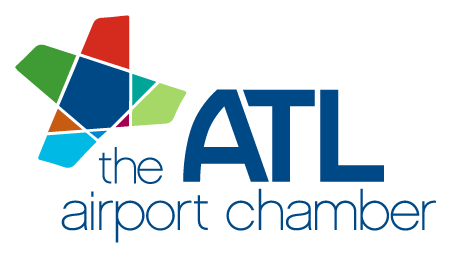Georgia State University Receives Grant to Expand Public Interest Technology
Georgia State’s Andrew Young School of Policy Studies will receive a grant from New America to fund the work of its Data Science for Public Service Consortium, a national effort to develop a core data science curriculum to be shared across schools of public affairs. The grant is one of 31 awards totaling $3.61 million going to 24 Public Interest Technology University Network (PIT-UN) members.
Georgia State is a member of the national PIT-UN, which is leading a concerted, collaborative and continued push to expand next-generation technologists, advocates and policymakers who use technology and technology expertise proactively and transparently to address the most critical problems in the public interest. PIT-UN members are seeding the burgeoning field of public interest technology and fueling inclusive practices as the PIT movement expands.
“We have seen what happens when technology that is meant for mass-scale audiences, communities or public citizens of a region, state or country is designed without their input or considerations for how it might affect them or society at large,” said Anne-Marie Slaughter, CEO of New America. “New America’s PIT-UN was designed to turn that dynamic on its head by making sure that those most proximate to problems are present in the crafting of solutions and empowered to do so from an early age. We’re excited to support a new group of grantees that are catalyzing public interest technology on their campus.”
The Data Science for Public Service Consortium (DS4PS) is a collaborative of schools of public affairs that aims to deepen institutional capacity in the technical skills and ethical foundations needed to effectively harness the promise of PIT in the public and nonprofit sectors. Cynthia Searcy, the associate dean for academic innovation and strategy in the Andrew Young School, and Jesse Lecy, associate professor of data science and nonprofit studies at Arizona State University, are co-investigators on this project.
“Unlike many initiatives that aim to insert the public interest into fields that traditionally produce technologists, this project aims to bring technical skills to those who already have a commitment to public service and need them to protect and serve the public good — students in schools of public affairs,” said Searcy.
“PIT-UN is answering the call to protect our future, our communities and the institutions that bind us together,” said Darren Walker, president of the Ford Foundation. “Through public interest technology, these academic institutions have begun to center our collective need for justice, dignity and autonomy, embedding these values into technological progress. Their graduates will shape technological policies, tools and organizations that will materially improve and transform the lives of all, particularly the most vulnerable.”
This week’s PIT-UN grant is the second awarded to Georgia State University, the first an award for the University Library’s Public Interest Data Literacy (PIDLit) initiative which focuses on first-year students and underrepresented groups.
“We offer training on a host of data analysis tools and methods, and opportunities for students to network with community partners around real-world application of data science and public interest technology,” said PIDLit principal investigator Bryan Sinclair, associate dean for public services. “By expanding our outreach to first-year students, we hope to encourage a career pipeline that is stronger and more diverse in terms of race, ethnicity, ability, gender and socioeconomic status.”
Original article courtesy of Metro Atlanta CEO, published November 29, 2021.

